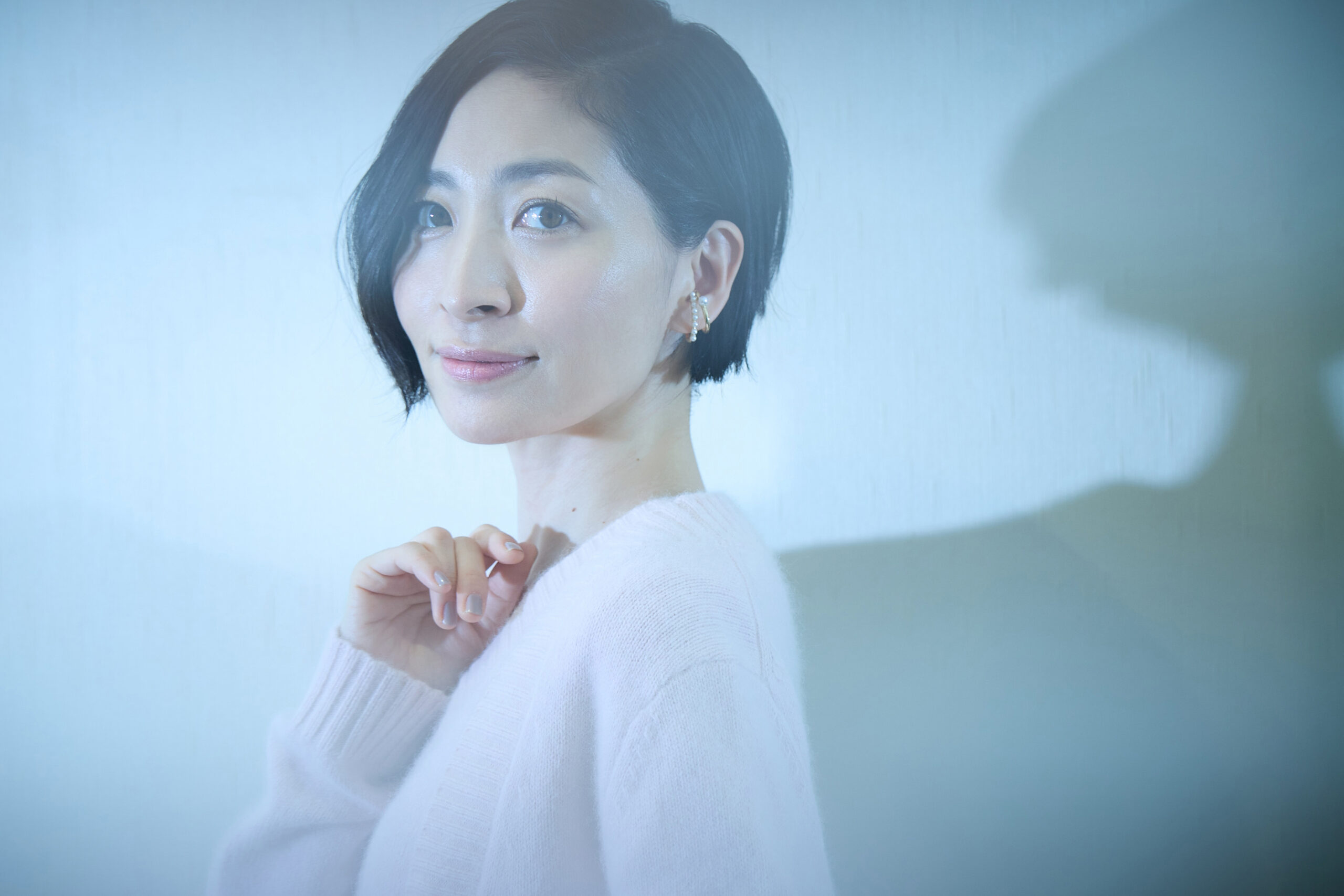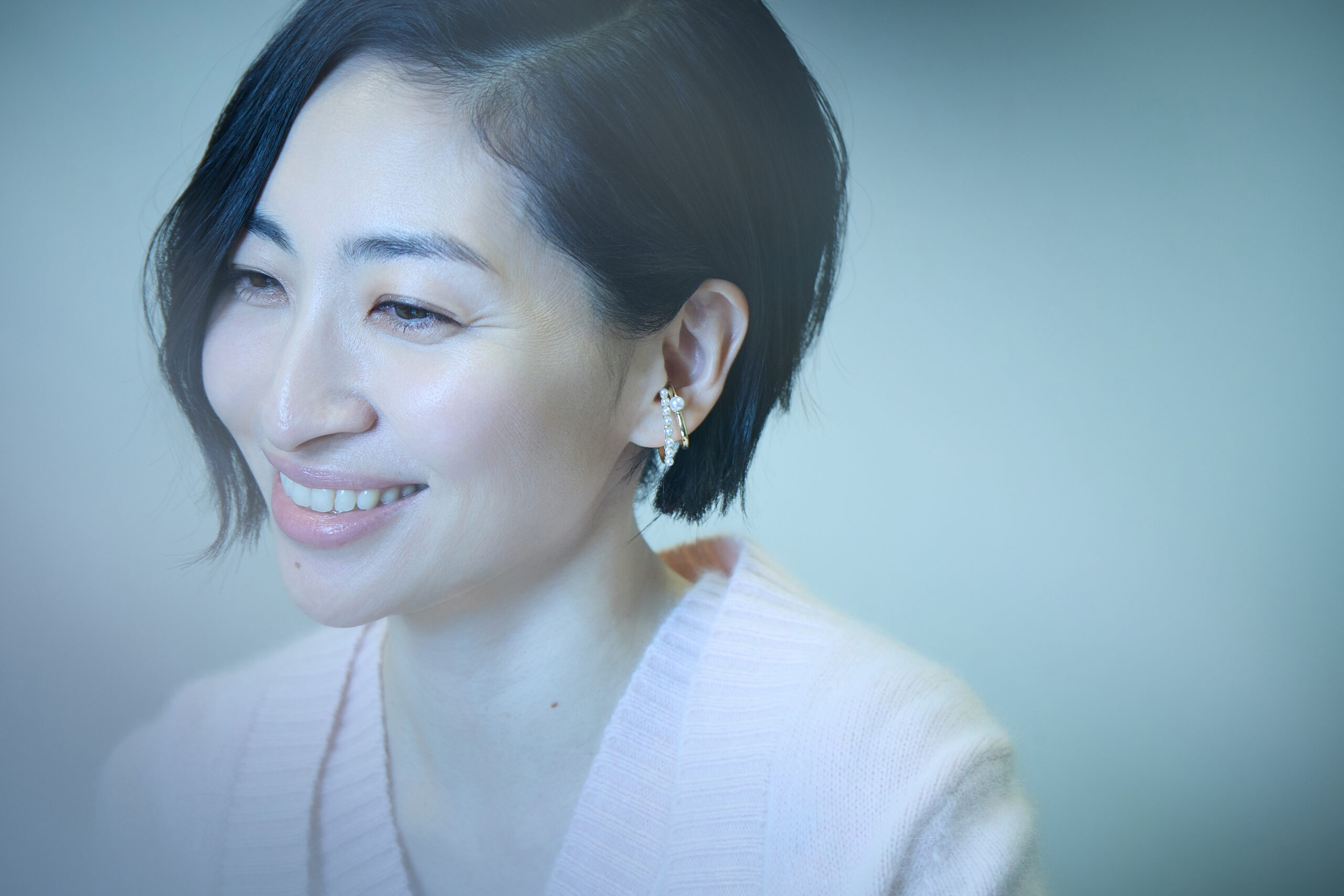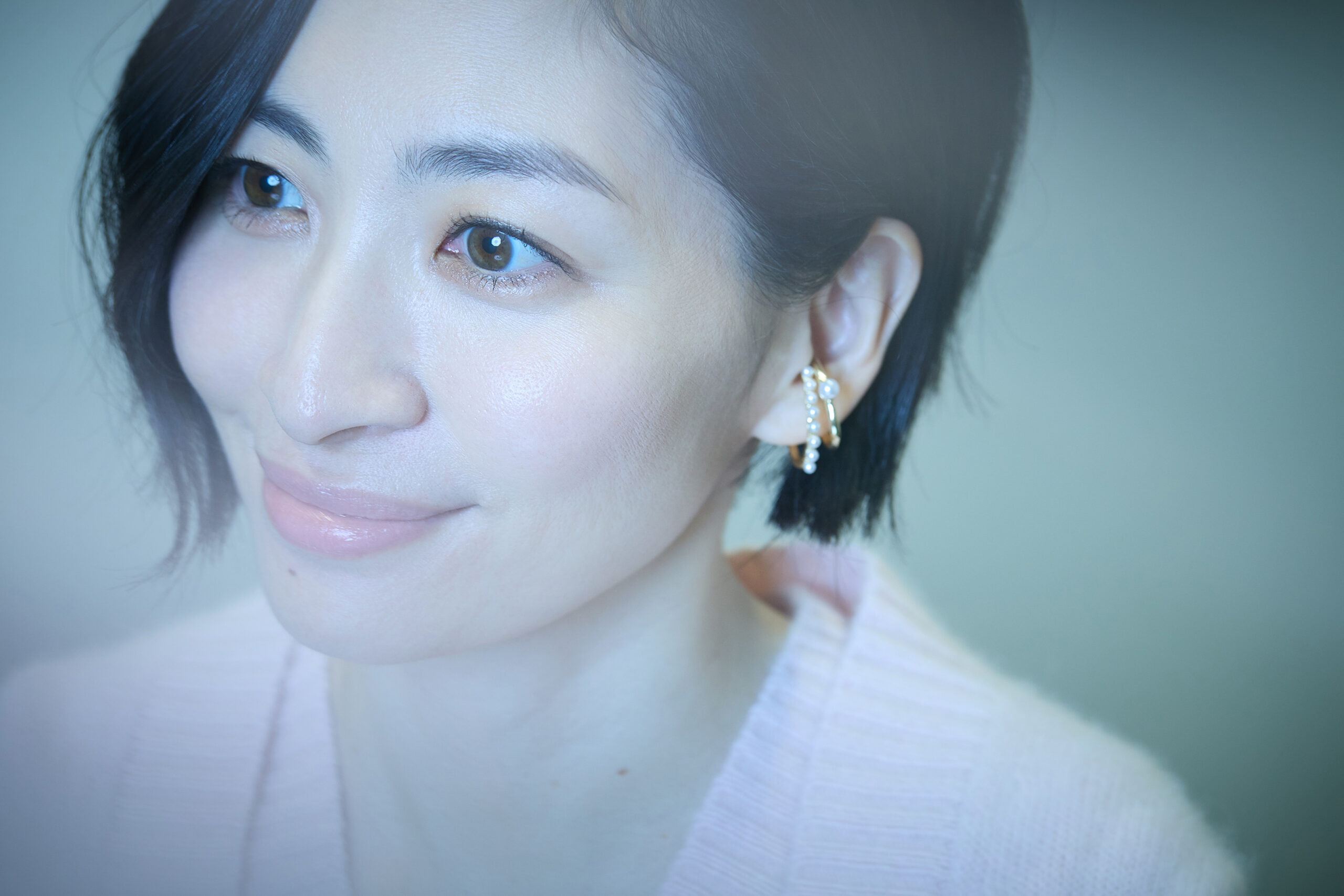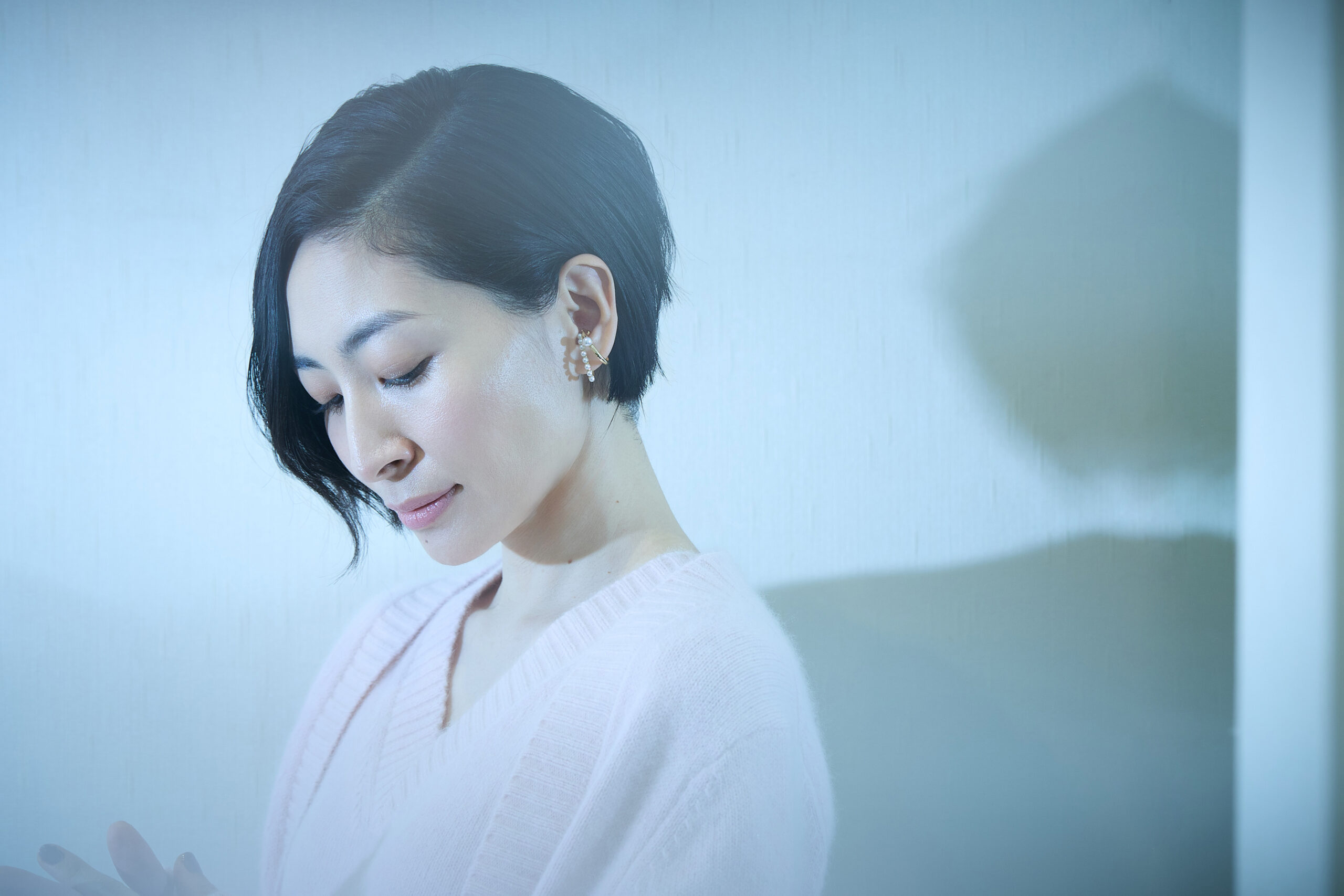
Voice Actor Maaya Sakamoto Talks About Her Feelings on the “New Motoko” : Pressures of the Role and Bridging Two Worlds #03
Text: Miho Otobe / Photo: Yusuke MiyakeThe Ghost in the Shell: Arise films debuted from 2013 through 2014. The title follows the inception of Public Security Section 9, with a new vocal cast for the team members, including protagonist Motoko Kusanagi. Voice actor Maaya Sakamoto played Motoko in both this title and the subsequent theatrical anime film Ghost in the Shell: The New Movie. How did Sakamoto build up the character of Motoko in a world where fans had accepted Atsuko Tanaka in the role? Here, we spoke with her about her feelings on everything from the audition to the new Motoko, as well as how things have developed over the decade since then.
#03 Renewed Respect for Atsuko and Her Talent
―What do you think makes Motoko an appealing individual?
Maaya Sakamoto(“Sakamoto”): I think of Motoko as a sort of study in contrast. Nobody knows what she really thinks, and she’s incredibly tough and widely relied on, yet you also feel a sort of desire to take care of her. There are lots of people around her who want to support her, so it’s easy to want to shout at her to let them. *laughter* But I think the distance she keeps from everyone else is also part of the story’s appeal. For example, Batou has known Motoko for years and knows what even slight shifts look like in her feelings. And so he stays close by but never pushes too far. I think it’s really appealing how their relationship has this perfect balance of distance and support.

―How do you feel about how Motoko lives, as a woman yourself?
Sakamoto: We’re both women, but Motoko really transcends gender. She’s eternally youthful, and on that point, she embodies something humans have always wanted. But for all that her body is ageless, or, to put it another way, for all that her body is always temporary, she still definitely undergoes emotional turmoil as a person. I feel like that kind of existence would be hard to tolerate if you didn’t have a long-term view of things. But in another sense, I do kind of envy how her body can be fixed if it breaks. My shoulders are all knotted up from stress right now, so I’d love to change them out if I could. *laughter*
―Casting off her body and living as just a mind while also continuing to grow is something Motoko can do because of who she is, wouldn’t you say?
Sakamoto: The more I think of it that way, the more I see it as impossible for a normal person like me to create a character like her from scratch. And that gives me even more respect for how amazing Atsuko is. Atsuko plays Motoko as strong and aloof, but with sexy feminine charm. But that could all be a performance. Motoko herself could be putting on an act, playing herself. I get that sort of sense from it. The more I read deep into it, the more fascinating I find the way that Atsuko built up the character of Motoko, and the more amazed I am by what Atsuko pulled off. It might be possible to use effort alone to match the cool energy she brings to the role, but only Atsuko could build up that internal coolness from a blank slate. I think that having Atsuko’s Motoko as a base was what let me play her in a separate era.

―You did the theme song for Ghost in the Shell: The New Movie, “Mada Ugoku,” as well as the opening theme of Ghost in the Shell: Arise – Alternative Architecture (a re-edit of the TV show Arise) “What Keeps You.” What sort of feelings do you have around those tracks?
Sakamoto: Shintaro Sakamoto was the songwriter for both tracks, with music written and arranged by Cornelius. They’re both brilliant and create this amazing setting, so I was honored to sing the tracks. The melody was the first part finished for “What Keeps You,” and the lyrics from Shintaro perfectly capture the world of Ghost in the Shell. It’s like it shows the distance between Motoko’s body and soul by incorporating her body parts into the lyrics, and just listening to it conveys the themes of the series. It’s a very philosophical track.
I’ve sung it at several live performances since then, and it’s totally different live. You get more of a sense of human warmth with it. It also changes in tone as my age and experience change, so I feel like I discover something new each time I perform it.
―It has been over 10 years now since Ghost in the Shell: Arise. How do you feel, thinking back on that time in your life?
Sakamoto: This is a bit embarrassing, but to be honest, at the time, I was sure I had done everything I possibly could. I really believed it, too. But thinking back a decade later, I’ve played all sorts of roles and gained life experience, and it’s more common now for me to think I might be able to play Motoko better now than before. On the other hand, though, there are probably things I could only express back then because of who I was at the time. I played a lot of heroines who needed protecting back then and didn’t have much experience playing a warrior heroine, so I struggled with it a bit. I won’t deny how immature I was, but the way I played Motoko back then worked because I was playing an immature Motoko. I believe it’s also fulfilling as a voice actor to know that it will continue to endure as a piece of work in the future.

(END)
MAAYA SAKAMOTO
Actor, voice actor, and singer. A native of Tokyo. She began acting in child roles while in elementary school, and her debut CD release came in 1996. Her voice acting roles are numerous and include titles such as The Vision of Escaflowne, Ouran High School Host Club, and The Fire Hunter, as well as Ghost in the Shell: Arise and Ghost in the Shell: The New Movie. Sakamoto is also an active stage actor and recipient of the 2012 Kazuo Kikuta Theater Award.

